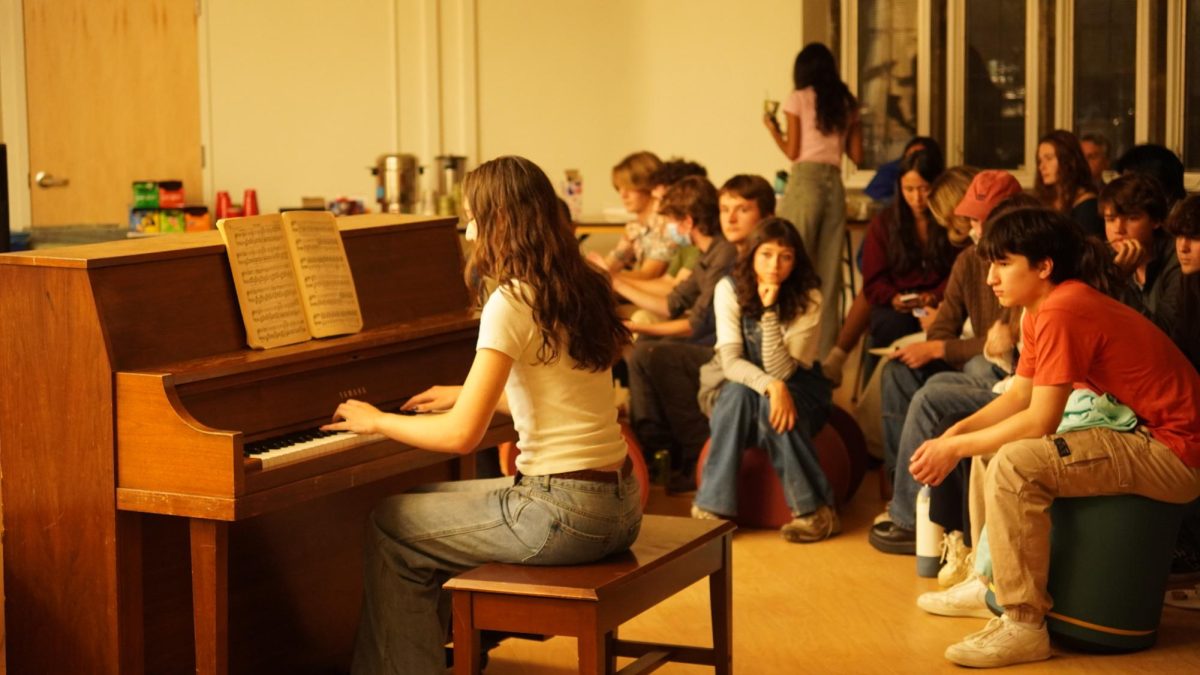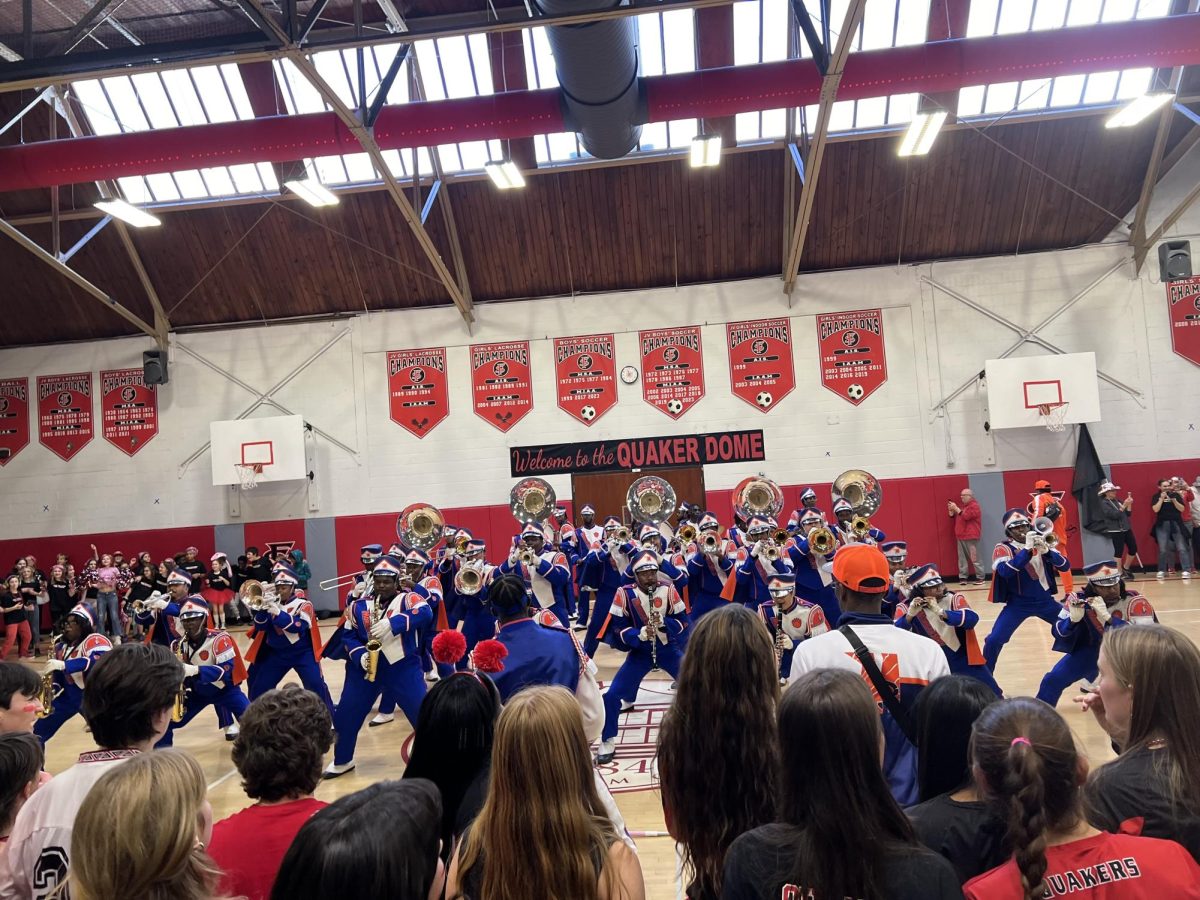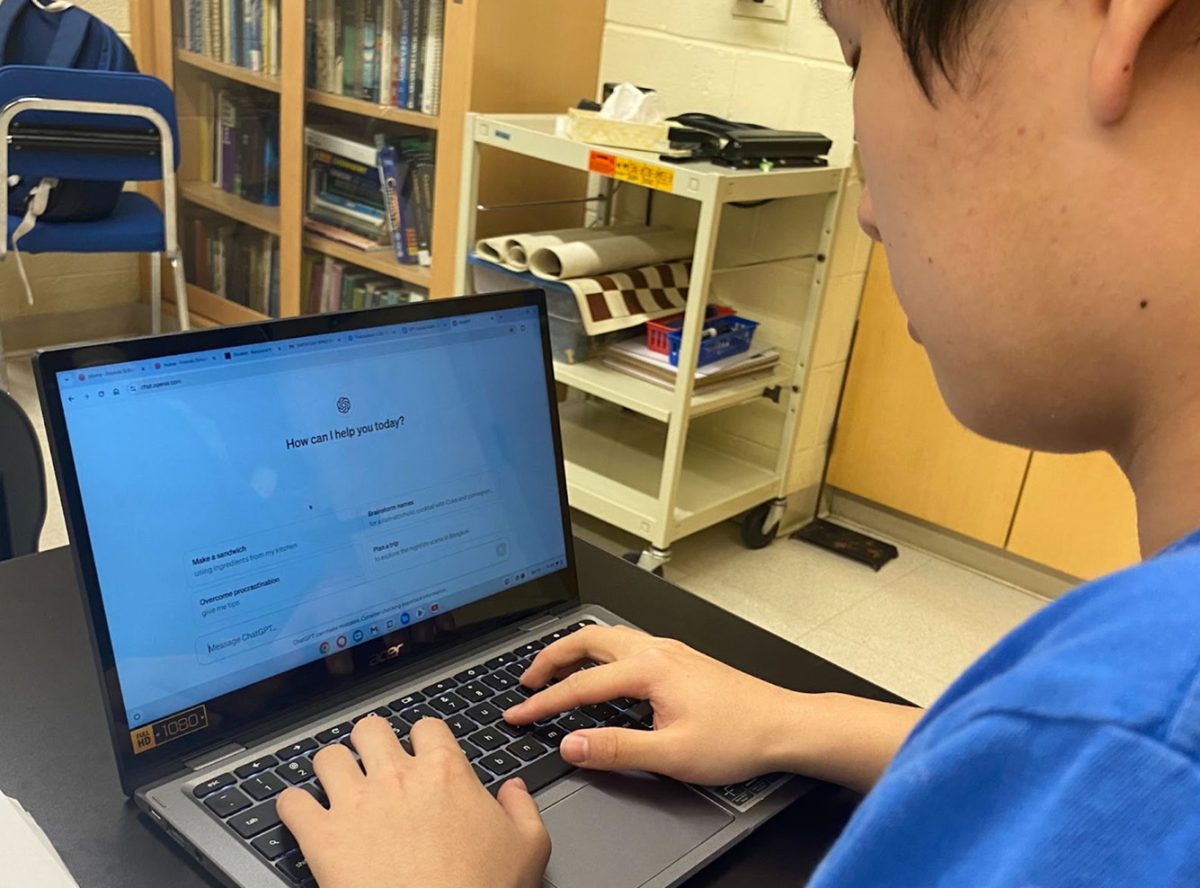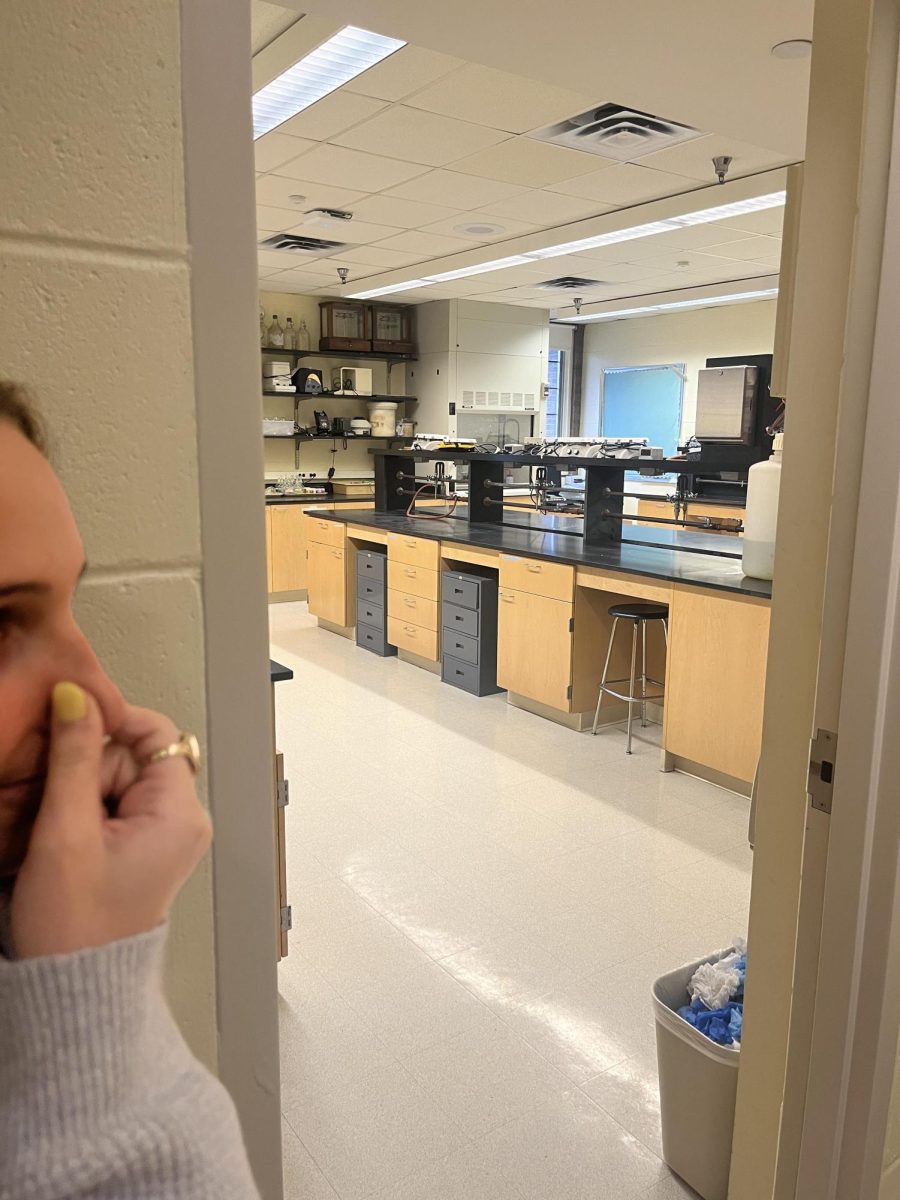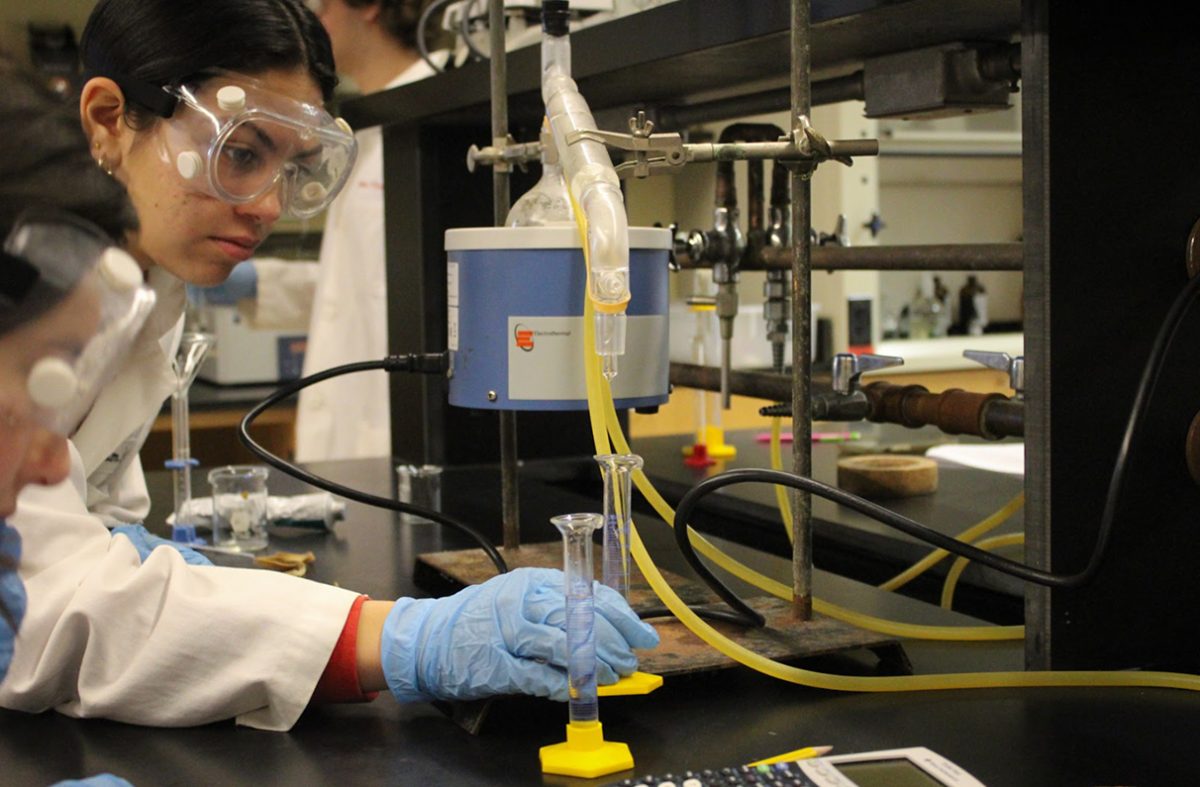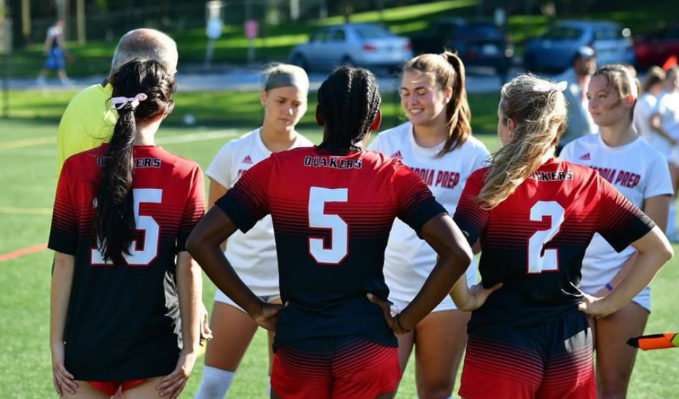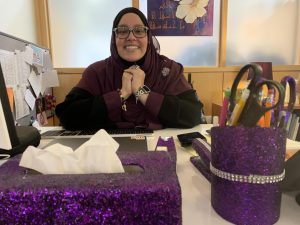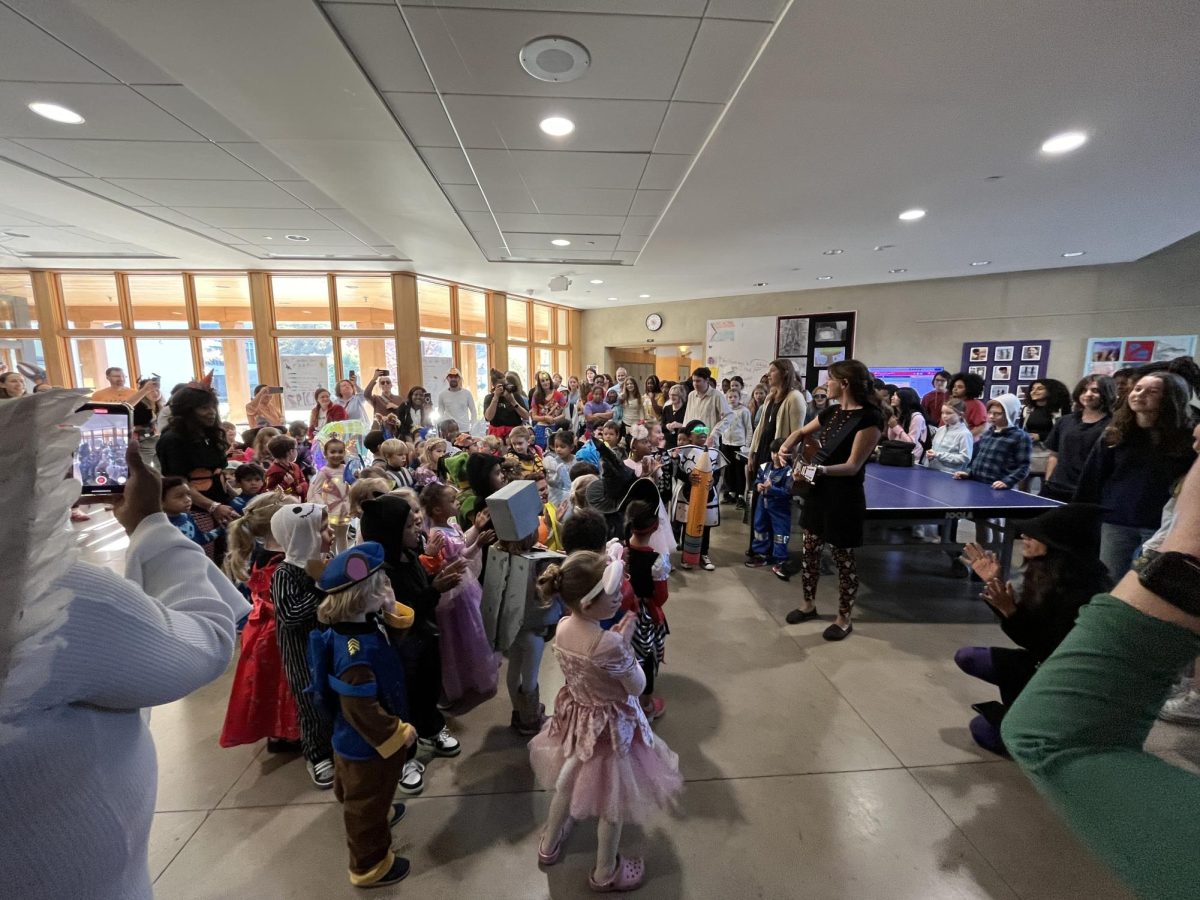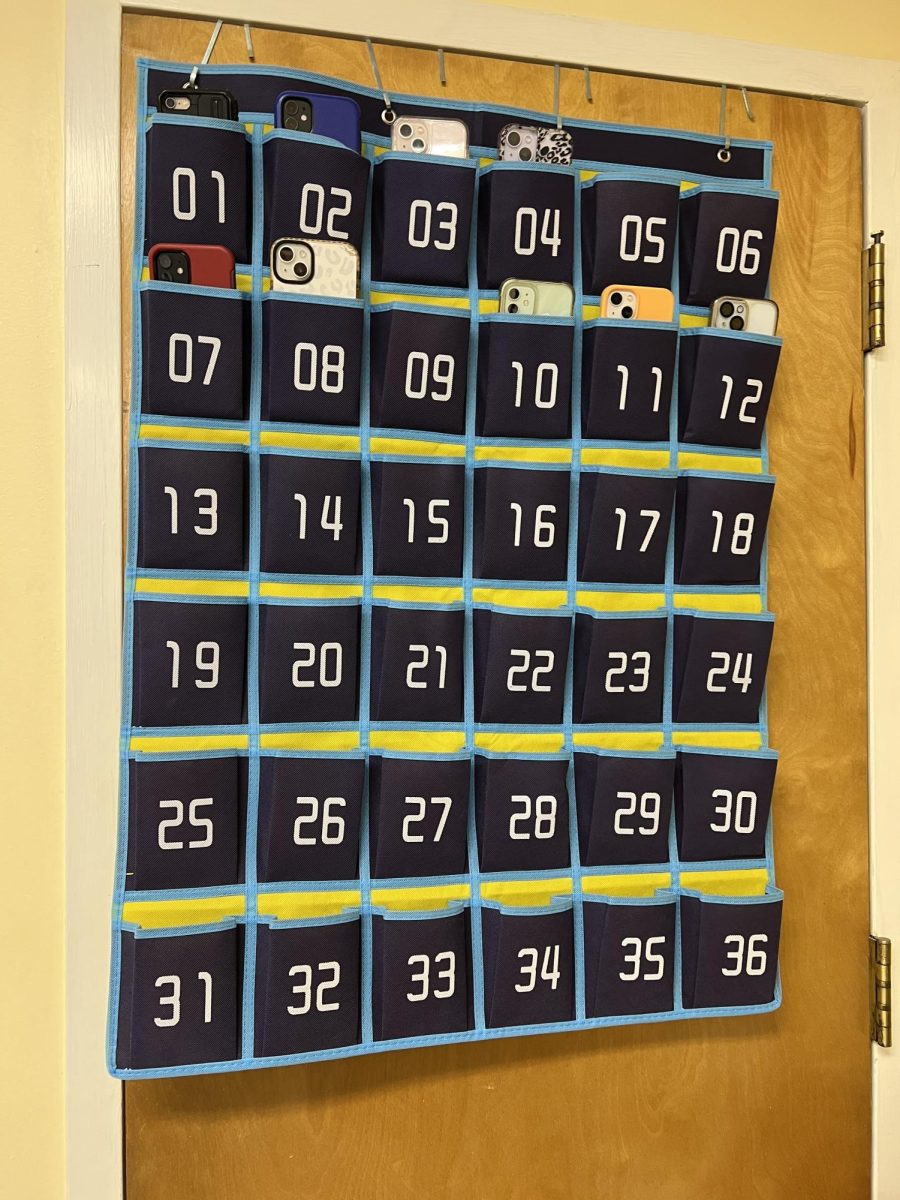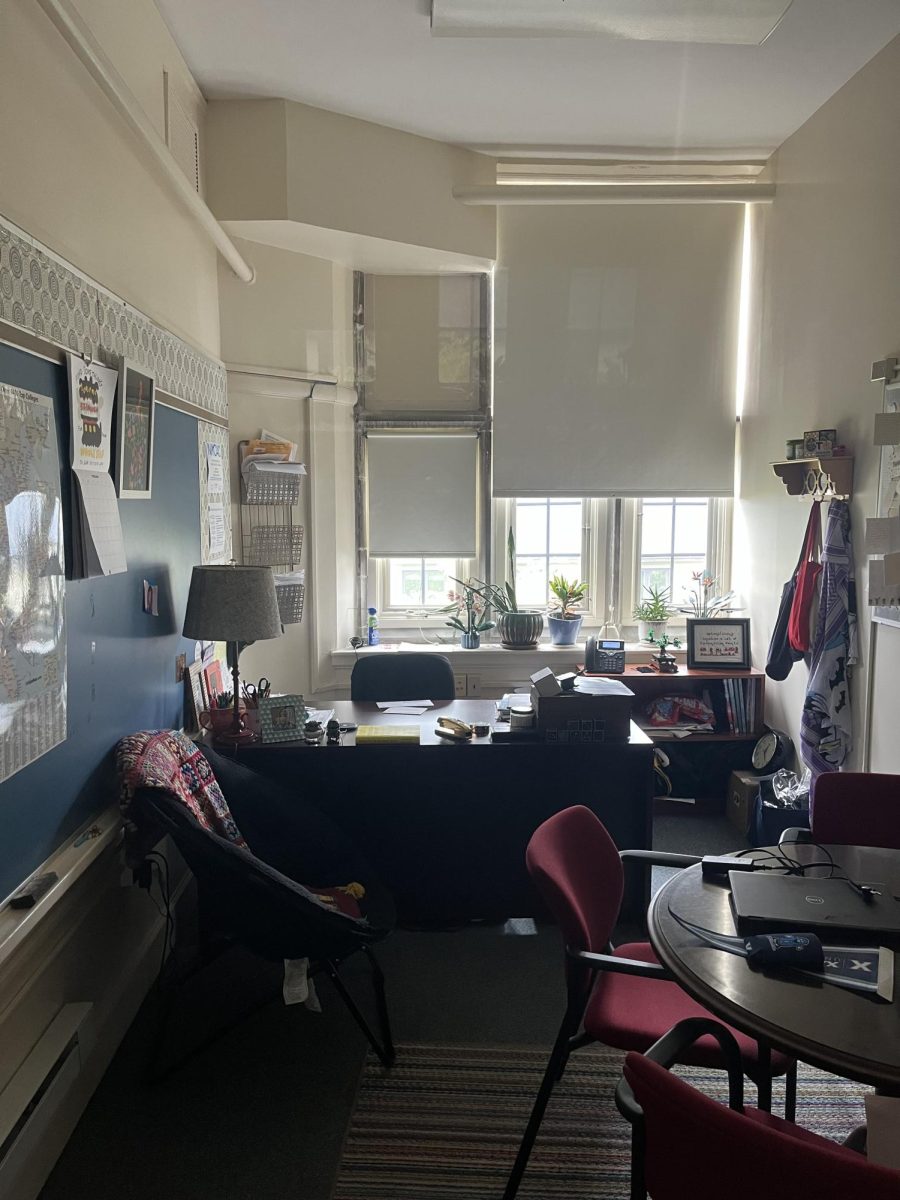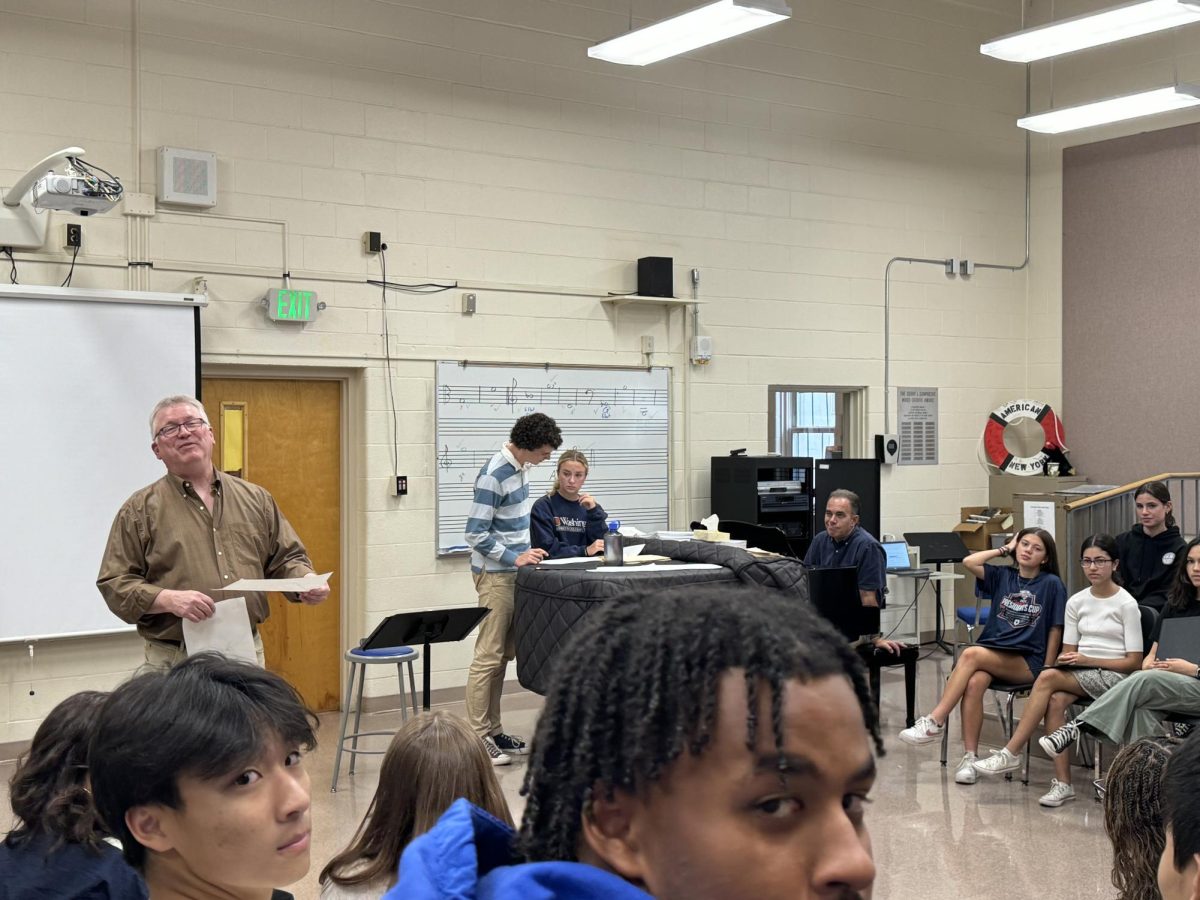Study Halls Replace Frees Thanks to COVID
Many students were disappointed to return this fall to no free blocks. But do they fully understand why?
October 11, 2021
Students love free blocks. In a normal year, during a free block, you can do almost anything you’d like: go to the Dining Hall, sit outside, meet with a teacher, or do homework. Depending on when you’re free, you can also come into school late or leave early. Free blocks force students to take a breather in their busy schedules.
But this year, due to COVID protocols and the decision of the school’s medical advisory board instead of free blocks, students have proctored study halls in the Auditorium. Many students have expressed disappointment about free blocks being replaced. But do they really get who’s in charge of making these decisions?
“I think the one thing that the student body needs to understand is that this is a decision that is coming not from the teachers, not from the Upper School administration, not even the school administration – that is coming from the medical advisory board,” says senior grade dean Josh Carlin.
These choices come from medical boards that have researched COVID and are making these decisions completely unbiased and based on science and not what people are telling them to do.
Whether students actually use their time in study hall to do their work, or sit and waste time, is their choice. Mr. Carlin says, making the best out of these new study halls is ideal.
“If you all actually take advantage of these study halls and you go home with no homework that’s actually pretty awesome,” he says.
Along with students not having frees, another con this year is the location of our new proctored study halls. Despite the auditorium being a big open space that’s good for social distancing, it is also crowded, tightly packed, and cold. There are also no desks to spread out and work on.
“I do think when I’m in a space like the Auditorium, I’m much less likely to do work when I don’t have a desk or a table at least,” says senior Graham Rifkin.
Students agree that the biggest con to having study halls in the Auditorium is the lack of desks. It is extremely difficult and annoying having to hunch over and do homework in your lap and not on a flat surface. Working on your computer isn’t as difficult but is still a bit of a pain.
Friends has done a great job when it came to handling the worldwide pandemic, and they continue doing a great job with enforcing COVID protocols. It seems as though they need to also focus on the practicality of some of these decisions.
The only unanswered question I have is if we are allowed to have regular classes in classrooms, why can we not have study halls in classrooms? Depending on the classroom, students could still spread out and have access to a desk and be able to get more work done.
UPDATE, 11/1/21: As a result of student pressure (and interviews done for this and other Quill articles about the schedule), on November 1st the Administration announces some major schedule changes. Classes are now 60 minutes opposed to 65 minutes, and seniors are allowed to spend their free periods in Senior Hall rather than the Auditorium. Carlin says the reasoning behind this decision is that, after living in the schedule, it felt appropriate for seniors to spend their free periods in senior hall. There are also plans for certain study halls to move into classrooms after holiday break now that seniors will be elsewhere.


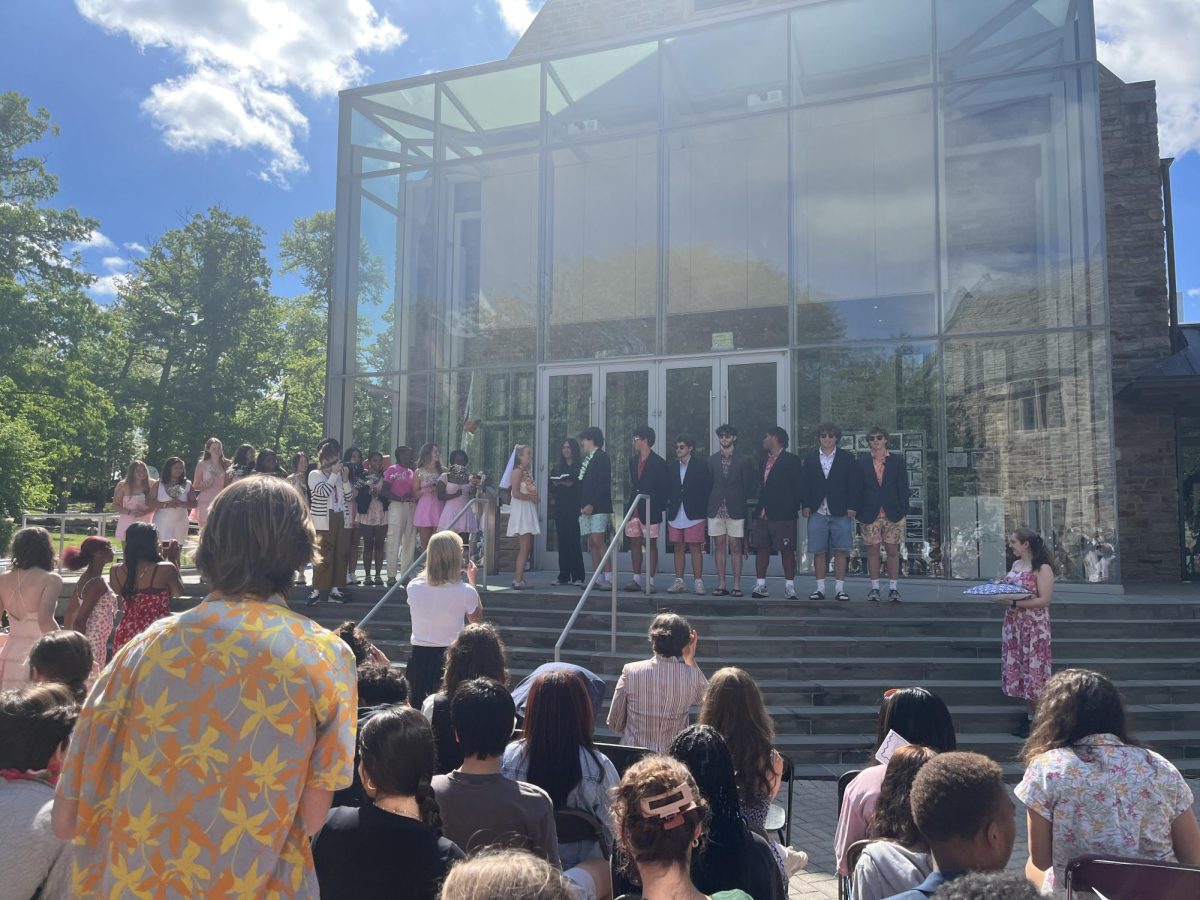
![A Phone Ban at Friends? [Podcast]](https://thequakerquill.org/wp-content/uploads/2025/05/magenta-VrRT19_ZjUY-unsplash-1200x900.jpg)





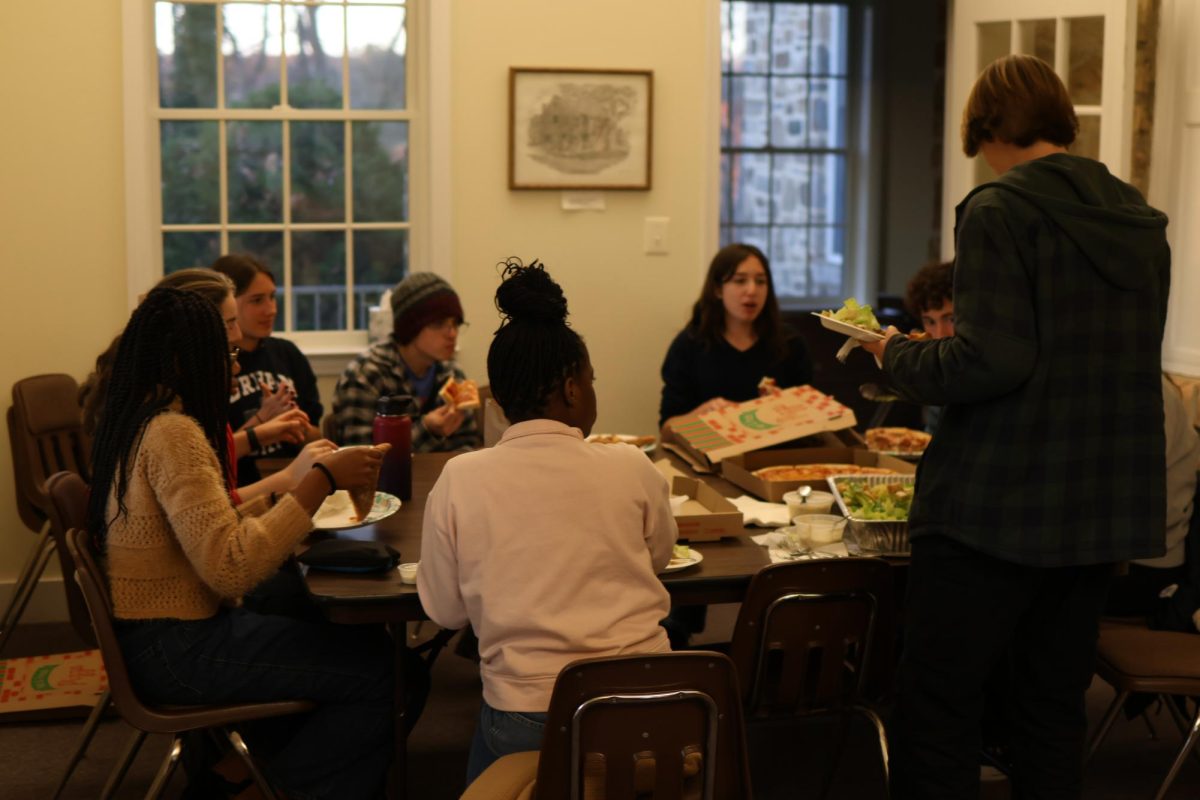

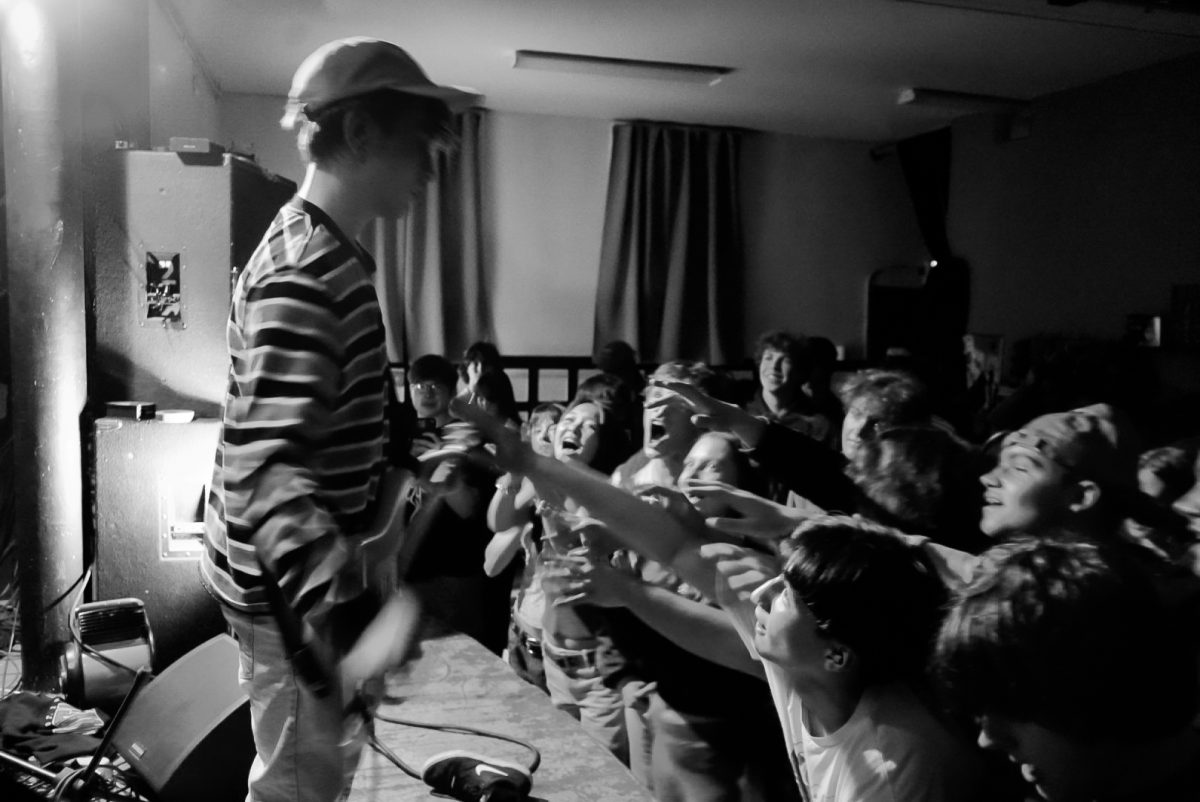

![How Freestyle Club Began [Podcast]](https://thequakerquill.org/wp-content/uploads/2025/05/charly-alvarez-Jv9untmB7G4-unsplash-1200x800.jpg)
